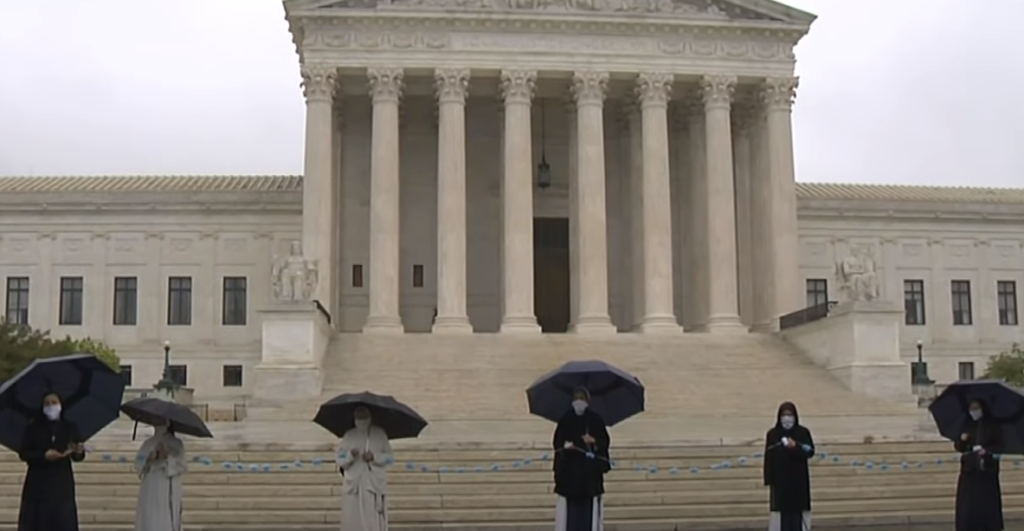Obamacare religious exemption upheld by the Supreme Court

Ever since its inception and eventual passage in 2010, Obamacare has been at the center of many lawsuits and counter-lawsuits over its many provisions and regulations. This past week, the U.S. Supreme Court upheld its stance to permit employers to decline to include contraceptives in their health care plans in the case Little Sisters of the Poor v. Pennsylvania.
In a 7-2 decision, the Supreme Court ruled that the Little Sisters of the Poor, a Catholic order of nuns which runs homes for the elderly poor, was exempt from the Obamacare provision to require employers to cover contraceptives in their health care plans. The decision upheld President Donald Trump’s 2017 executive orders which exempted the organization from the Obamacare provision, in addition to a 2018 Department of Health and Human Services exemption.
The decision ended a years-long legal battle between the government and the Little Sisters of the Poor.
The main implication from the decision is that employers can object to contraceptive care being included in their health care plans due to religious or moral objections. For example, Christian faiths typically espouse the belief that life begins at conception. By providing contraceptive care in the manner that Obamacare outlined, Christians would be hypocrites for providing options to prevent conception or potentially ending life in its early stages of development.
Now, religious organizations can breathe easy for a moment until another legal challenge arises, ranging from religious charity groups to religious schools.
The decision aligned with the previous Obamacare ruling in 2014 when it affirmed Hobby Lobby’s right to not provide contraceptive care for its employees due to its Christian beliefs on the sanctity of life.
As National Review pointed out, Justice Clarence Thomas wrote the majority opinion that the Trump administration had the authority to “provide exemptions from the regulatory contraceptive requirements for employers with religious and conscientious objections.” He added that the “plain language” of the Obamacare provision permitted federal departments to allow “religious and moral exemptions.”
Thomas was joined by Chief Justice John Roberts, Justices Stephen Breyer, Samuel Alito, Neil Gorsuch, Brett Kavanaugh, and Elena Kagan. Justice Ruth Bader Ginsburg and Sonia Sotomayor dissented behind the defense of protecting a woman’s right to contraceptives and health care.




